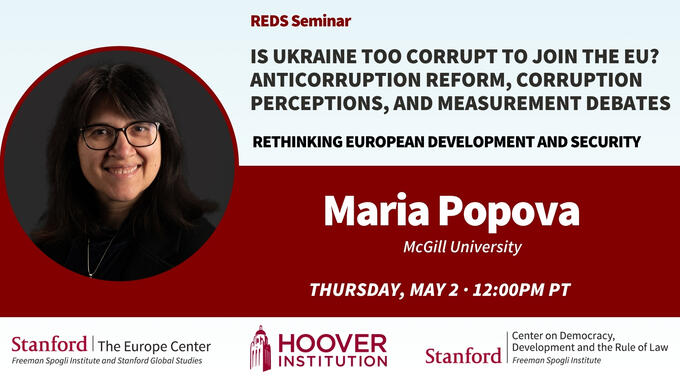Cascading Crises and Competing Visions for the Future | H.R. McMaster
This event has reached capacity. Please email Kate Ter Wee at katecole@stanford.edu or register to attend online using the link above.
About the Event: Russia’s war on Ukraine, Iran’s Proxy Wars in the Middle East as well as the support Russia and Iran receive from each other, China, and other states such as North Korea, have clarified the nature of geopolitical competition. It is important to understand both the history of how crucial challenges to international security developed and of the ideology, emotions and aspirations that drive the axis of aggressors if we are to prevent conflicts from cascading further and restore peace.
Lunch to be provided for registered attendees.
About the Speaker: LTG (ret.) H. R. McMaster is the Fouad and Michelle Ajami Senior Fellow at the Hoover Institution, Stanford University. He is also the Bernard and Susan Liautaud Fellow at the Freeman Spogli Institute and lecturer at Stanford University’s Graduate School of Business. Upon graduation from the United States Military Academy in 1984, McMaster served as a commissioned officer in the United States Army for thirty-four years. He retired as a Lieutenant General in June 2018 after serving as the 25th assistant to the president for National Security Affairs. He holds a PhD in military history from the University of North Carolina at Chapel Hill. McMaster is the host of Battlegrounds: International Perspectives on Crucial Challenges and Opportunities and is a regular on Goodfellows. He is a Distinguished University Fellow at Arizona State University.
All CISAC events are scheduled using the Pacific Time Zone.
William J. Perry Conference Room

 FSI researchers strive to understand how countries relate to one another, and what policies are needed to achieve global stability and prosperity. International relations experts focus on the challenging U.S.-Russian relationship, the alliance between the U.S. and Japan and the limitations of America’s counterinsurgency strategy in Afghanistan.
FSI researchers strive to understand how countries relate to one another, and what policies are needed to achieve global stability and prosperity. International relations experts focus on the challenging U.S.-Russian relationship, the alliance between the U.S. and Japan and the limitations of America’s counterinsurgency strategy in Afghanistan.











